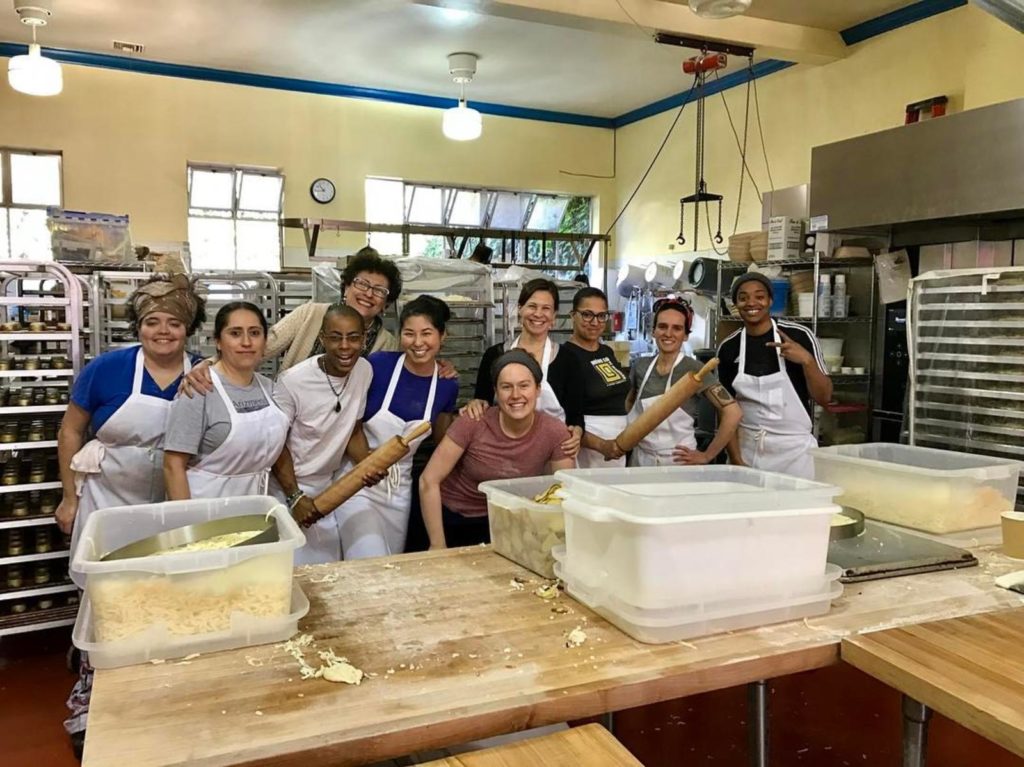Resource for cooperatives balancing growth and democratic values
by Karen Kahn
A new typology of structures for scaling cooperatives at the Next System Project website offers a great resource for cooperatives and cooperative developers. The research was funded by CoLab Cooperative, a worker-owned business building digital infrastructure for the democratic economy, which spans three continents and is rapidly growing. Concerned about how to manage its growth and maintain its cooperative values and culture, CoLab asked the Next System (a project of The Democracy Collaborative) to research the various models used to take cooperatives to scale.

The most common structures for scaling cooperatives are hub and spoke models: the website catalogs seven different types, including among others, an incubation hub, a central office hub, and an advocacy and field-building hub. There is also the franchise/replication hub, popularized by Arizmendi Association in the San Francisco Bay Area, with its multiple bakeries. Each model offers certain benefits, but also presents challenges that cooperators should consider as they grow.
The most common structures for scaling cooperatives are hub and spoke models.
Beyond the hub and spoke models, the typology identifies four additional structures, including the Assembly Model (just get big a la Stocksy), internal differentiation (Red Emma’s), tier structures (Uralungal Labor Contract Cooperative Society), and loose networks (Catalan Integral Cooperative).
For each of the models, the website provides an example of a cooperative that demonstrates the model in action. For example, Evergreen Cooperatives in Cleveland, which is closely affiliated with TDC, has shared business services hub, Evergreen Business Services, which is a stand-alone, for-profit company that is a subsidiary of the Evergreen Cooperatives Corporation. The business services company provides back office services such as accounting and sales and marketing support the three Evergreen Cooperatives, creating operational efficiencies and allowing for coordination with Cleveland anchor institutions that are the cooperatives customers.
Incubation hubs are also popular among nonprofits and municipal governments trying to build worker-center economies. The Next System Project cites the example of the Center for Family Life (CFL) in Brooklyn, which launched Si Se Puede! Cleaning Cooperative in 2006 and has since incubated 10 additional cooperatives.
Next System offers two recommendations to cooperatives that are looking to scale: 1) Success depends on transparency, simplicity and flexibility and 2) central hub operations can offer multiple benefits but to be successful, the hub needs a robust revenue stream.
To explore this topic in more depth, sign up for a The Democracy Collaborative November 21 webinar.
Karen Kahn provides communications consulting and editorial support for Fifty by Fifty.
To follow Employee Ownership News, subscribe to the Fifty by Fifty newsletter or follow us at Medium.
